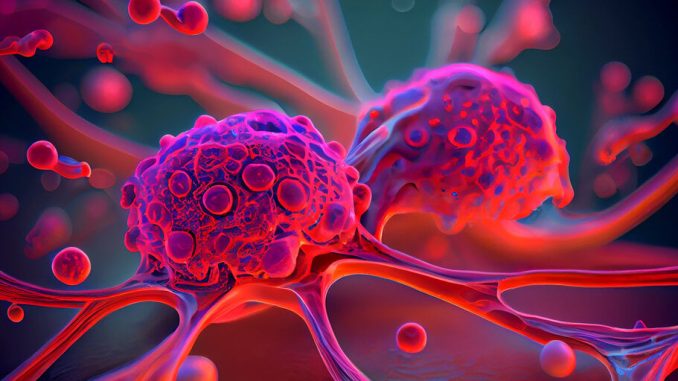
A new artificial intelligence (AI) model was able to detect 13 different types of cancer with 98.2% accuracy using only DNA data from tissue samples, according to a new study. The AI model, dubbed EMethylNET, was developed by researchers at the University of Cambridge in the U.K. and could potentially accelerate early cancer detection, diagnosis, and treatment.
The findings, published last week in Biology Methods and Protocols, focused on DNA methylation, a chemical process that occurs early on when cells start to grow—including cancer cells. The researchers trained the machine learning model to spot early-building cancer structures and pathways.
“Cancer, a collection of more than two hundred different diseases, remains a leading cause of morbidity and mortality worldwide,” the study noted. “Usually detected at the advanced stages of disease, metastatic cancer accounts for 90% of cancer-associated deaths.
“Therefore, the early detection of cancer—combined with current therapies—would have a significant impact on survival and treatment of various cancer types,” it continued.
The researchers trained EMethylNET on data from more than 6,000 tissue samples from The Cancer Genome Atlas, representing 13 cancer types including breast, lung, and colorectal cancers. They then tested it on more than 900 samples from independent datasets.
The top-line finding was more than 98% accuracy in classifying 13 cancer types and non-cancer samples. The study also highlighted the fact that the method performed well across diverse datasets from different countries. Researchers were also able to identify 3,388 methylation sites linked to cancer-related genes and pathways.
According to the study, the AI model combines two AI approaches: XGBoost, which selects relevant features, and a deep neural network for classification. This allows it to not only accurately detect cancer, but also provide insights into the body’s regulation of non-genetic factors that mutate normal cells into cancer cells.
“These epigenetic modifications are some of the earliest neoplastic events associated with carcinogenesis,” the study noted, reinforcing the potential of this approach in early cancer detection.
While this initial research is promising, the authors caution that the technology requires further study and testing before clinical use. The research team said it is now working to adapt the model for liquid-tissue samples, which could provide for non-invasive early cancer screening.
“Depending on the availability of training data, this method can be extended to detect hundreds of cancer types,” the report asserts.
As AI continues to make inroads in healthcare, EMethylNET represents a strong step towards leveraging machine learning for earlier, more accurate cancer diagnosis. Such innovations could have far-reaching implications for public health.
More than 19 million new cases of cancer are diagnosed and 10 million cancer deaths occur annually, according to the latest estimates from the International Agency for Research on Cancer.
The lead researcher did not respond to a request for comment from Decrypt.
Edited by Ryan Ozawa.
Generally Intelligent Newsletter
A weekly AI journey narrated by Gen, a generative AI model.




Be the first to comment